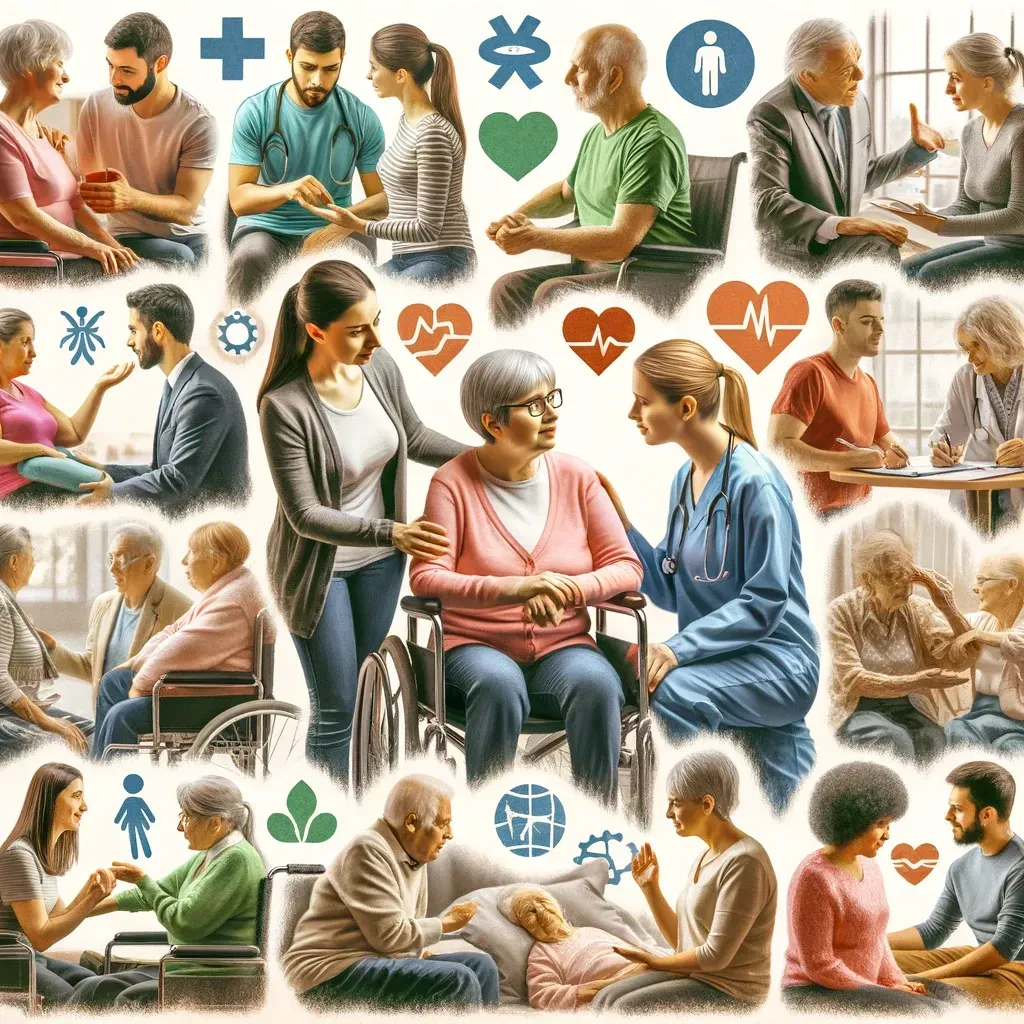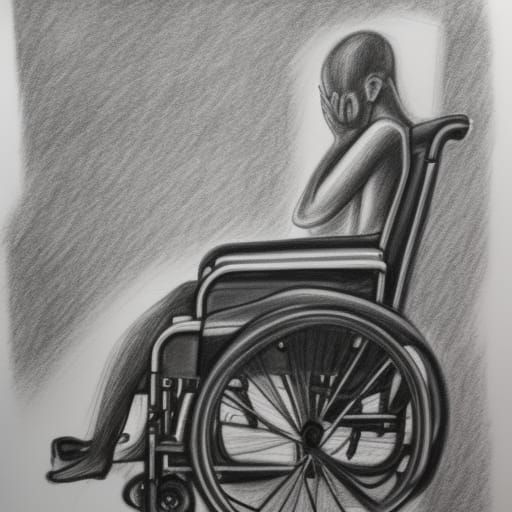How Marriage Can Impact an SSI Disability Claim
When it comes to Supplemental Security Income (SSI), being married can influence the eligibility and amount of benefits received.
Marriage is a significant life event that can have various implications, including potential effects on Social Security disability claims. When it comes to Supplemental Security Income (SSI), being married can influence the eligibility and amount of benefits received. In this article, we will explore how marriage can affect an SSI disability claim and provide guidance on navigating the process.
- Combined Income and Resources: One of the primary ways marriage can impact an SSI disability claim is through the consideration of combined income and resources. SSI is a needs-based program that takes into account the income and assets of both spouses when determining eligibility and benefit amount. If the combined income and resources exceed the program's limits, it may affect the individual's eligibility for SSI benefits.
- Spousal Income Deeming: Under the SSI program, the Social Security Administration (SSA) may "deem" a portion of the spouse's income to the disabled individual. This means that a portion of the spouse's income is considered as available to the disabled individual, potentially reducing or eliminating the SSI benefit amount. The amount deemed depends on various factors, including the living arrangements and the spouse's income.
- Resource Limits: Marriage can also impact SSI eligibility through the assessment of combined resources. The SSA considers both the disabled individual's resources and those of their spouse when determining eligibility. If the combined countable resources exceed the program's resource limits, it may result in ineligibility for SSI benefits.
- Changing Marital Status: Changes in marital status can also affect SSI disability claims. Getting married or divorced during the SSI application process or while receiving benefits requires timely reporting to the SSA. Failure to report changes in marital status can lead to potential overpayments or underpayments, affecting the individual's SSI benefits.
- Effect on Medicaid: SSI recipients often qualify for Medicaid, a crucial healthcare program for individuals with limited income and resources. Marriage can impact Medicaid eligibility, as it considers both income and resources when determining eligibility. Changes in marital status, combined income, or resources can influence the individual's Medicaid coverage, so it is important to understand the potential implications.
Conclusion: Marriage can have implications for SSI disability claims, particularly regarding combined income and resources, spousal income deeming, resource limits, and changes in marital status. Understanding how marriage can affect an SSI claim is crucial to ensure accurate reporting, eligibility determination, and continuation of benefits. If you have questions or concerns about how marriage may impact your SSI disability claim, it is advisable to consult with an experienced attorney who can provide guidance tailored to your specific situation.
At Di Lorenzo and Wilcox Law Firm, we have been assisting individuals with disability claims for over two decades. Our team understands the complexities of the SSI disability process, including the potential impact of marriage. We proudly serve the Southeast Georgia area, including Brunswick, Waycross, Kingsland, St. Marys, Folkston, and Jekyll Island. Contact us today for a consultation, and let us help you navigate the SSI disability claim process with confidence.











